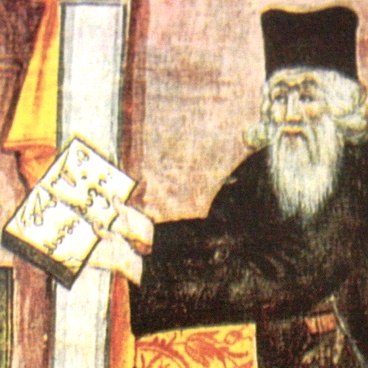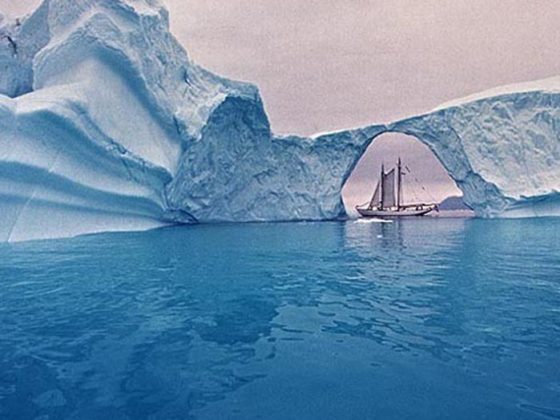(Al Jazeera) Much of the international discussion of Sochi the Olympics has focused on the seeming irrationality of the enterprise, as manifested by the choice of location, the cost of the games, and the looming security threats. Simone Baumann's recent documentary, "Putin's Games" illuminates the madness of Sochi's remodelling in the run-up to the games and exposes the natural and man-made obstacles, such as unfavourable ecological conditions, bureaucratic inefficiencies and immense levels of corruption. The film shows that the Sochi Olympics has been Vladimir Putin's "pet project" from the very beginning. Putin's proud announcement that Sochi is, "without exaggeration, the world's largest construction site" and a "celebration for the entire world" reflects the president's broader vision of Russia's global geopolitical status and articulates his imperial aspirations for the country.
As the Games kick off, it is timely to analyse how President Putin and his entourage legitimised this project for domestic and international audiences. We argue that the discourse around the Olympics carries the familiar themes of fostering national economic development and unity and promoting Russia's exceptional role in the world. This rhetoric has been more successful domestically than internationally. Although the project incited some soul-searching in sections of the Russian society other than the well-known opposition groups, the majority of the domestic public support the Olympic project. Internationally, however, alongside with Russia's grand ambitions, the Olympic Games brought to light familiar governance failures. […]
Such mega-projects, explains Robert Orttung, "serve as a de facto regional development programme in the absence of more coherent priority-setting or policy-making processes". Unable to exert a modern-day national identity, the official state Olympic rhetoric once again reverted to the ideology of magnificence and unprecedented technological modernisation.
"The Sochi Olympics," writes Andrey Makarychev, "are an essential part of Russia's triumphalist narrative of 'rising from its knees', retrieving its great power status, and returning to the 'premier league' of world politics." The Chinese leadership also had such transnational aspiration.
See the full article: Sochi 2014: Celebrating authoritarianism (Op-Ed) © Al Jazeera











